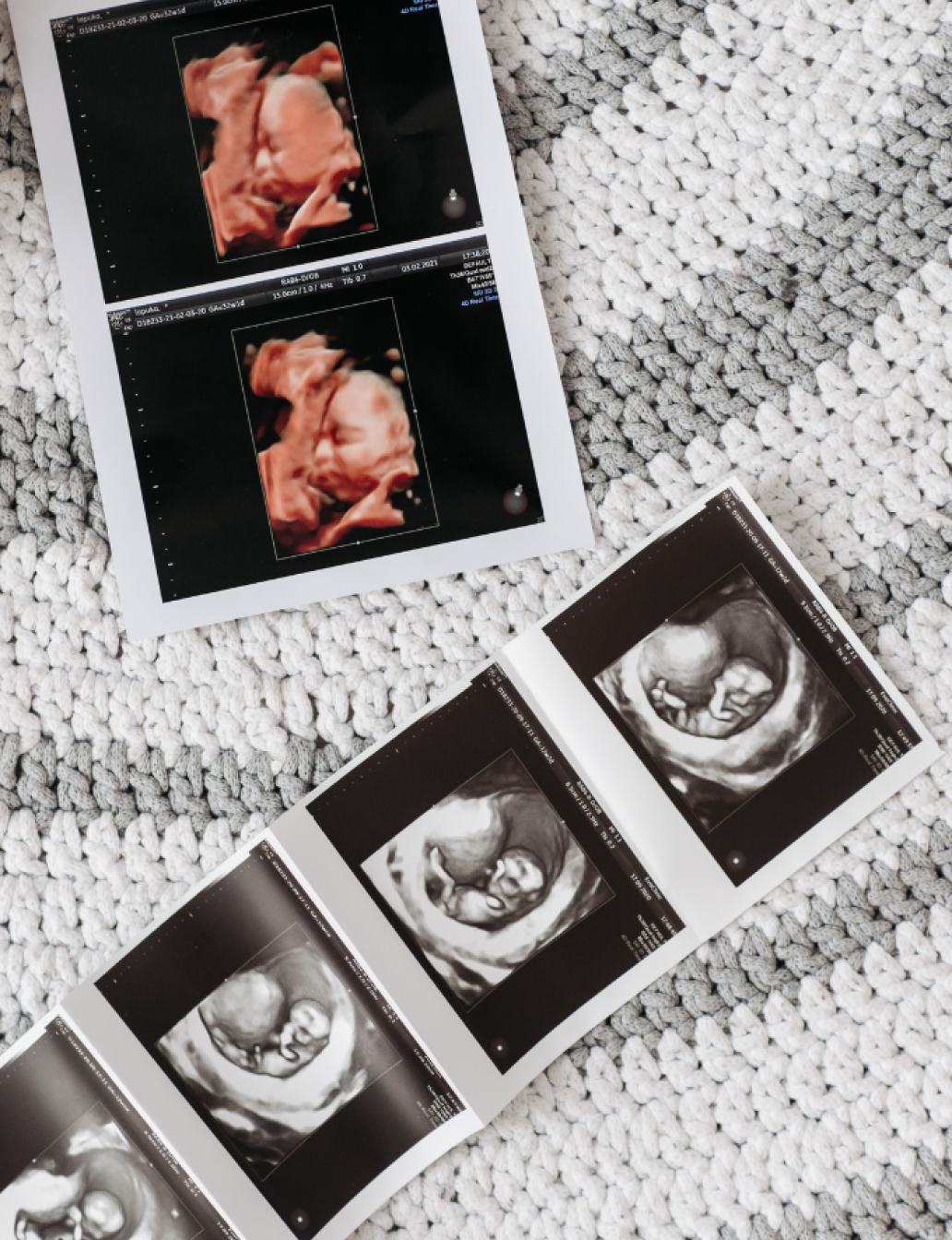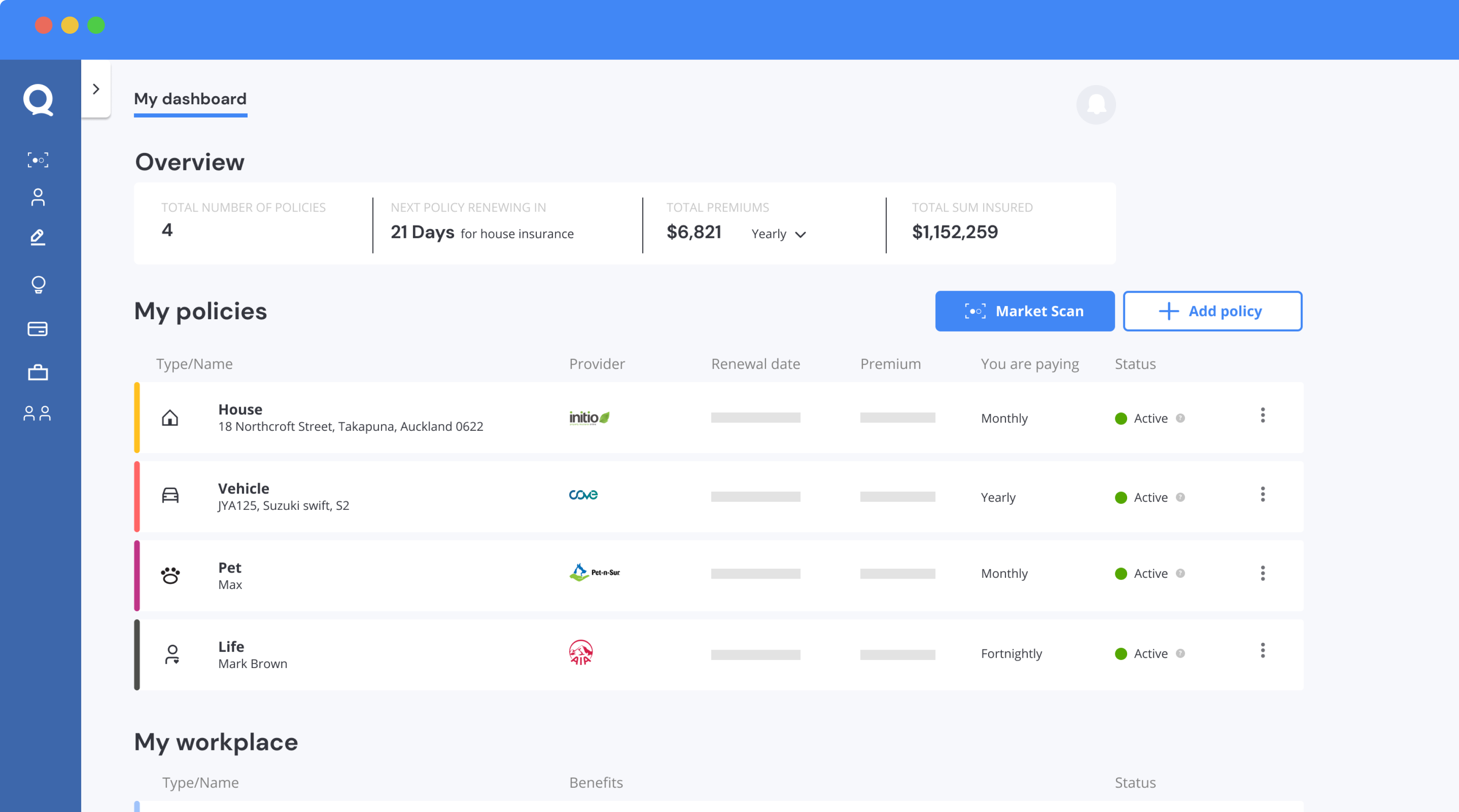Insurance During and After Pregnancy

Starting a family is often the event that pushes people to think more about insurance.
After all, you’re not just taking care of yourself anymore. Having dependents raises the stakes.
Even with publicly funded healthcare in New Zealand, there are different types of insurance that are worth considering when you become pregnant.
This article will explain what insurance policies are available to you when you’re pregnant, and why you might want to consider them.

Health Insurance
Obstetrics Add-ons
In New Zealand, pregnancy has often been excluded from health insurance policies, which means expectant mums are unable to claim pregnancy-related medical care using their general health insurance policy.
This is because public healthcare in New Zealand is free, and pregnancy is also seen as a voluntary condition, making it slightly different to other health issues.
However, many insurance companies do offer special obstetrics benefits to soon-to-be mums.
Accuro, Nib, AIA, Southern Cross and UniMed are among the insurance providers who provide this form of cover, which covers the cost of specialist assistance, often up to $1000 per pregnancy.
We’ve compiled some information on these insurers and what they offer here. Note that there are often conditions you need to meet to be eligible for this form of coverage, such as having pre-existing health insurance with the same provider for a certain period of time.
After the Birth
If you already have your own health insurance, or you’re considering taking out a health insurance policy, you might also like to consider health insurance for your child when they’re born.
It’s usually possible to add them to your or your partner’s policy straight away. It’s useful to get them on your policy as soon as you can, while they are still free from any pre-existing health conditions.
Southern Cross and AA are examples of providers who give parents windows of three and four months to get their newborn signed up for health or private hospital insurance respectively.
It’s important with any provider to add your child within this 90 day period, as after this, any medical conditions they develop will be defined as pre-existing conditions and excluded from the policy.

The average Kiwi household can save
$2,023.79 a year by shopping their insurance!
Find out how your renewal prices stack up against other options out there!
Travel Insurance During Pregnancy
Many travel insurers offer financial cover when you’re pregnant overseas and experience medical problems. But it’s important to be aware of exclusions that apply, for instance, if you are too far along in your pregnancy, or if you have decided to travel against medical advice.
Furthermore, it is the mother’s health expenses that are usually covered, rather than those of the baby, although one exception to this is Southern Cross, who covers neo-natal care if you have a premature baby overseas.
Other insurers who provide cover to pregnant travellers include STA Travel, NZ Travel Insurance, State Travel Insurance and TINZ.
If you’re taking out travel insurance while pregnant, it’s always good to take a good look at the fine print of your policy, to be aware of what your medical needs may be as your pregnancy progresses, and to factor these in when you’re thinking about where to go. If you’re pregnant with multiples, it’s best to double-check the limits on your cover and when you can travel.
Trauma (Critical Illness) Insurance
Trauma insurance, also known as critical illness insurance, covers people for a range of serious medical conditions, for instance, cancer, conditions affecting your arteries or heart, and your nervous system (including paralysis). Parents who already have this type of insurance can often add their baby into their policy.
(If you’re looking at trauma insurance, take a look at all the benefits on offer – often there are maternity provisions included in there.)
As an example of the type of cover new parents can expect in their trauma insurance policies, AIA offers both a children’s trauma benefit (50% of the sum assured or $50,000 if your child is affected by a specified critical illness) and a newborn’s benefit, allowing you to receive either 50% of the sum assured or $50,000 if your child is born with a specified congenital condition. AIA also provides an optional children’s and maternity benefit which includes some complications that may arise during pregnancy.
Another option parents have is to take standalone trauma insurance out for their child. Some insurers provide this from the age of two or three. Physiotherapy, housing modifications, counselling and support for returning to school after experiencing a critical illness are some of the benefits that come with this type of insurance policy.
For more information on this form of cover, take a look at our guide to trauma insurance.

Shop smarter with Quashed
Insurance just got way easier with Quashed. Compare, shop and track all your insurance in one place.
Life Insurance
Starting a family is the impetus for many people to start looking at life insurance policies.
Life insurance policies provide a payout to the policy holder (usually your partner) in the event of your death. This means that your family’s financial needs are taken care of for a period of time, usually until any dependent children finish school.
If you already have a life insurance policy, having a baby is the perfect time to review it and see if the amount needs to be increased.
One way to work out how much life insurance you should get is to multiply the salary of the highest earner by the number of years left until your children leave school, or the number of years you want to ensure your children remain supported.
If you’re still not sure on the figure, Quashed provides a free calculator to work out the amount of cover you need once you sign up.
It’s also important to note that while you can make your partner the co-owner of your life insurance policy, you can’t do the same with a child. So if you want your life insurance paid out explicitly to your child or children, you may need to have a look at family trust structures (it’s a great idea to have legal advice for this, to ensure you get it right). Another pathway is to keep your will updated and state exactly where you want your life insurance payout to go.

Income Protection
Unfortunately, most income protection policies exclude pregnancy and parental leave unless a complication from pregnancy or birth persists for more than 90 days after the birth. In this instance, you can claim income protection from the 91st day.
If you already have an income protection policy, most providers will waive your premiums for a period of time while you are pregnant and on maternity leave. If you have a non-pregnancy related accident or illness that impairs your ability to work during this time, some providers will still allow you to claim income protection, even though you aren’t paying your premiums. This is something that is worth checking.
While income protection can’t be claimed for things like morning sickness or if you have to go on bed rest while pregnant, some policies can supplement your income if you go back to work part-time after your maternity leave ends, and are earning less than you were earning before. Again, this is something you will need to check with your provider.
To be eligible for these benefits, most providers will require you to have had your income protection policy for a certain period of time, such as 9 or 12 months, prior to becoming pregnant.

Next Steps
Whichever direction you decide to go in, remember to upload your policies to Quashed and see them side by side on your very own dashboard.
If you need expert advice, insurance advisers are trained to provide advice tailored to your particular circumstances. Quashed can put you in touch with an experienced and independent adviser, free of charge, for a no-strings-attached chat. All you need to do is sign up to our free platform to get started!
Market Scan quotes are direct from insurers
So you won’t pay more with Quashed

